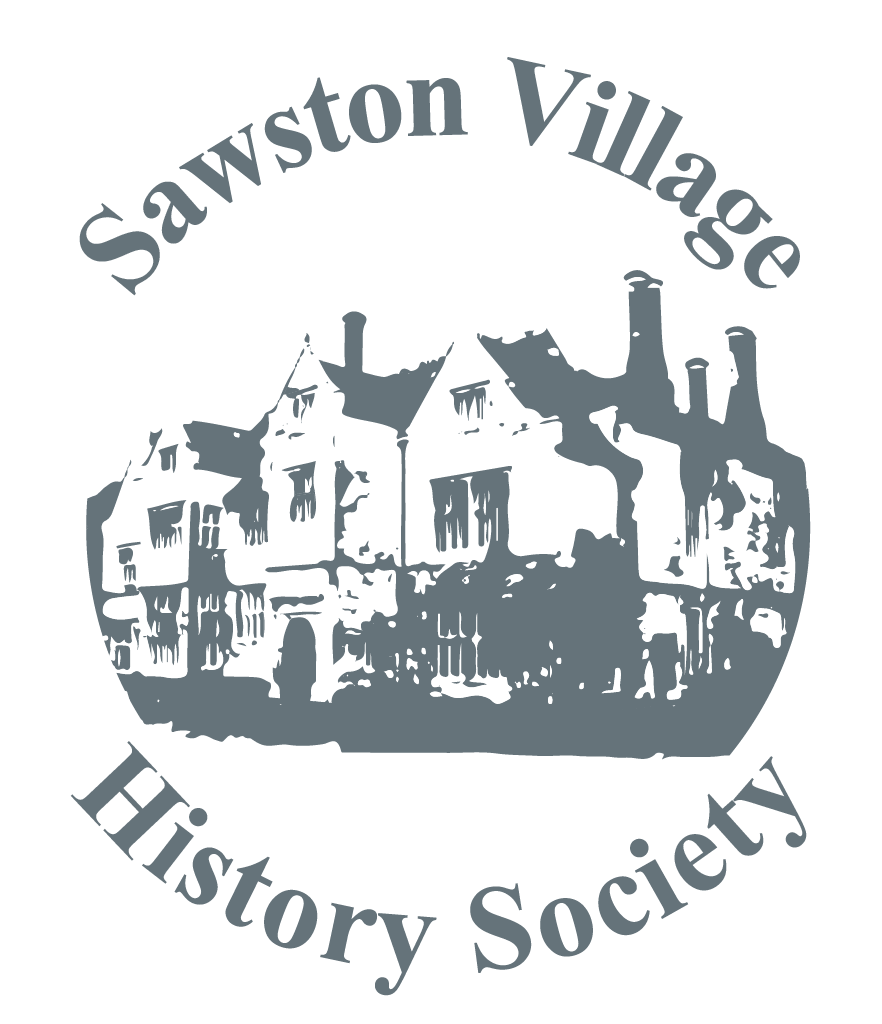
Corrina Bower, the curator of the Farmland Museum, started our tour with a brief history of Denny Abbey, founded by Benedictine Monks in 1150. The Knights Templar arrived in 1170 and when they fell out of favour the Countess of Pembroke, who founded Pembroke College, bought the Abbey in 1339 for the Franciscan Nuns, known as the Poor Clares. The Countess converted the original church building into her living quarters and built a new church, refectory, dormitory, cloisters and other buildings.
Henry VIII's dissolution of the monasteries saw the demolition of most of these buildings, leaving only the converted church and the refectory. Later on the original church was increased in size and converted into a farmhouse. It is possible to see the many structural changes which have taken place over the centuries. Mrs Dimock's kitchen can still be seen with its Tudor fireplace, chimney and spiral staircase. The grave of a Templar was found in this area with a pewter chalice and dish near the burial.
Part of the first floor has been reconstructed with a viewing window over the west end of the farmhouse. To the side there is a small room with a fireplace and tap, and a stained glass window display. A second floor was once in place, complete with privy and a fireplace.
The farm labourer's cottage has been furnished in 1940s style and the cultivated garden had an abundance of crops and flowers. The scullery contained the copper for boiling the laundry. The wooden seated privy was at the back of the cottage.
The refectory, used as a barn for many years, still retains much of the original tiled floor, but the thatched roof has been replaced by corrugated asbestos. The nuns probably had a diet of pottage of beans and cabbage etc. There is also evidence of medieval fish ponds.
The Farmland Museum contains many displays of life of yesteryear. These include the wheelwright's shop; the village shop with a newly acquired baker's cart; a row of pig sties converted into a display of Cambridgeshire villages; the basket maker's workshop; Fenman's hut; blacksmith and cooper's workshop; farm sale room; and a dairy.
The Big Barn houses much of the Haddenham Museum begun by Craig, the youngest of the three Dellaney boys, in 1992 and which outgrew the family home. There is a further collection of old farm machinery in the grounds.
The tour ended with welcome refreshments in the tea room.
This was a very enjoyable outing and can be thoroughly recommended both to families with young children and those who like to reminisce about the 'good old days'.